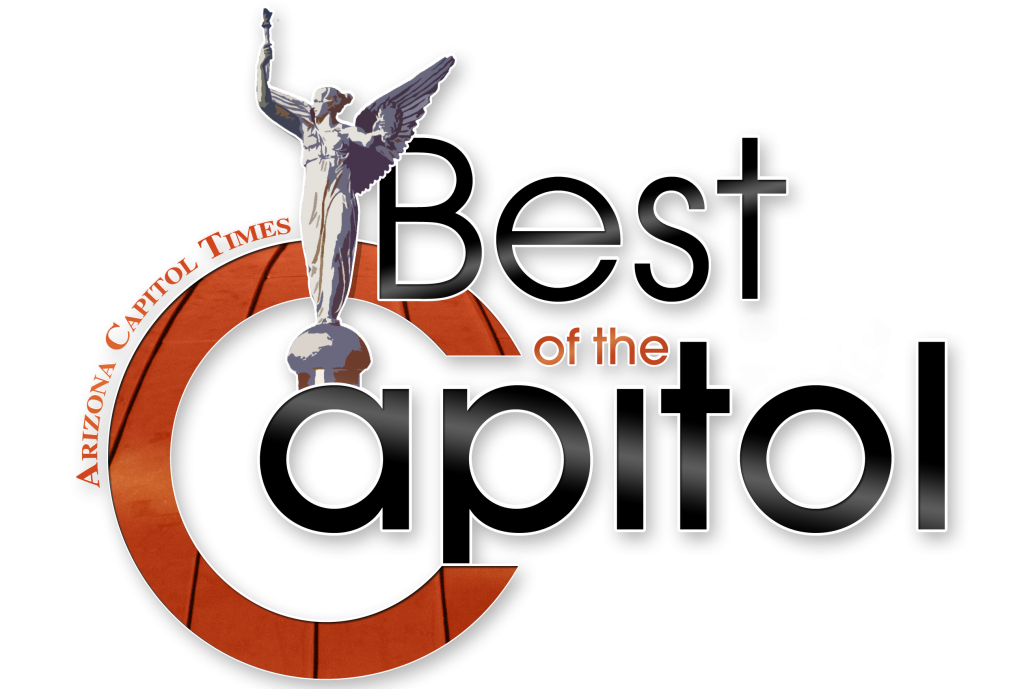Clean Elections delays final vote on political committee rule
Jeremy Duda//October 29, 2015//[read_meter]
Clean Elections delays final vote on political committee rule
Jeremy Duda//October 29, 2015//[read_meter]
The Citizens Clean Elections Commission temporarily delayed its vote on a proposed rule that will clarify what constitutes a political committee under Arizona’s campaign finance statutes and possibly require disclosure...
No tags for this post.

















